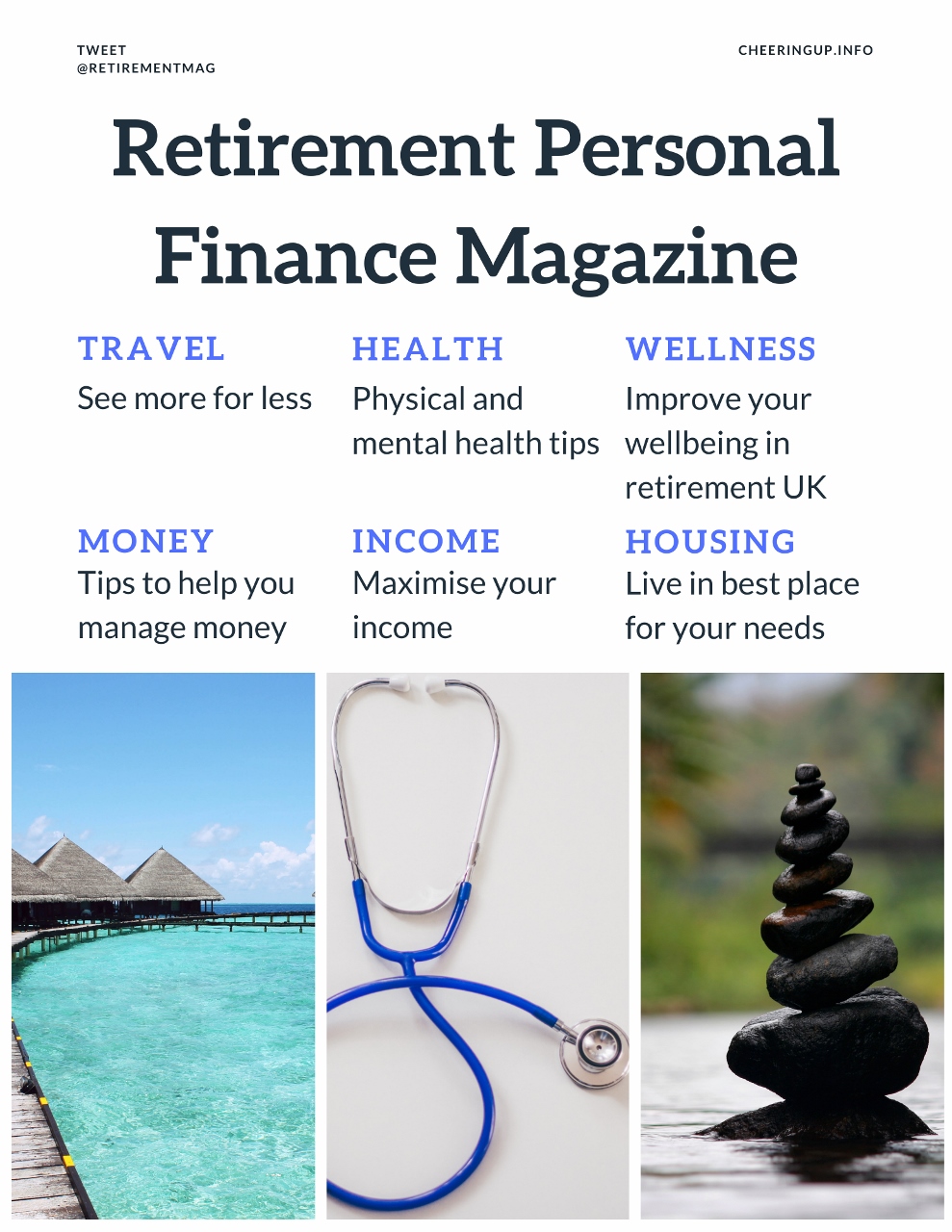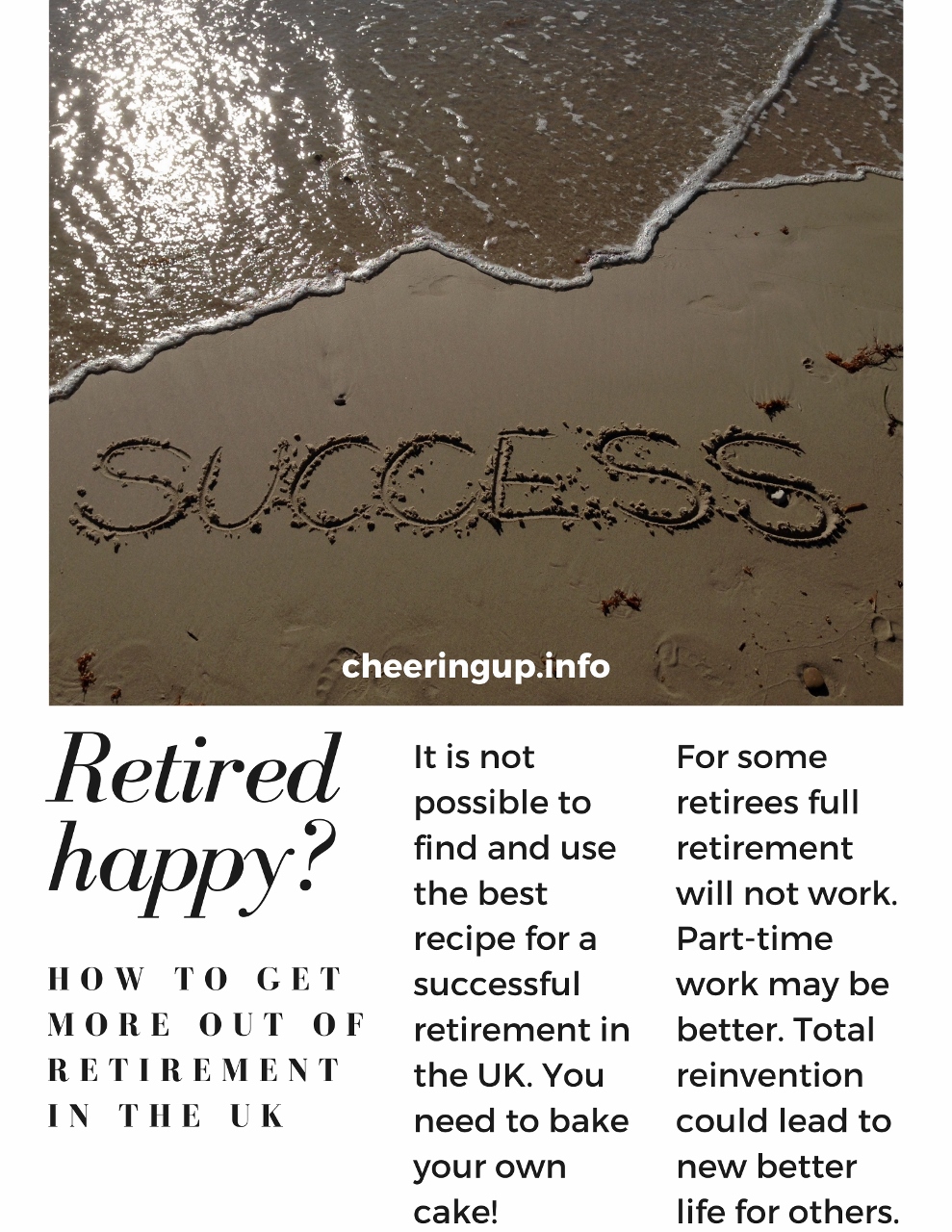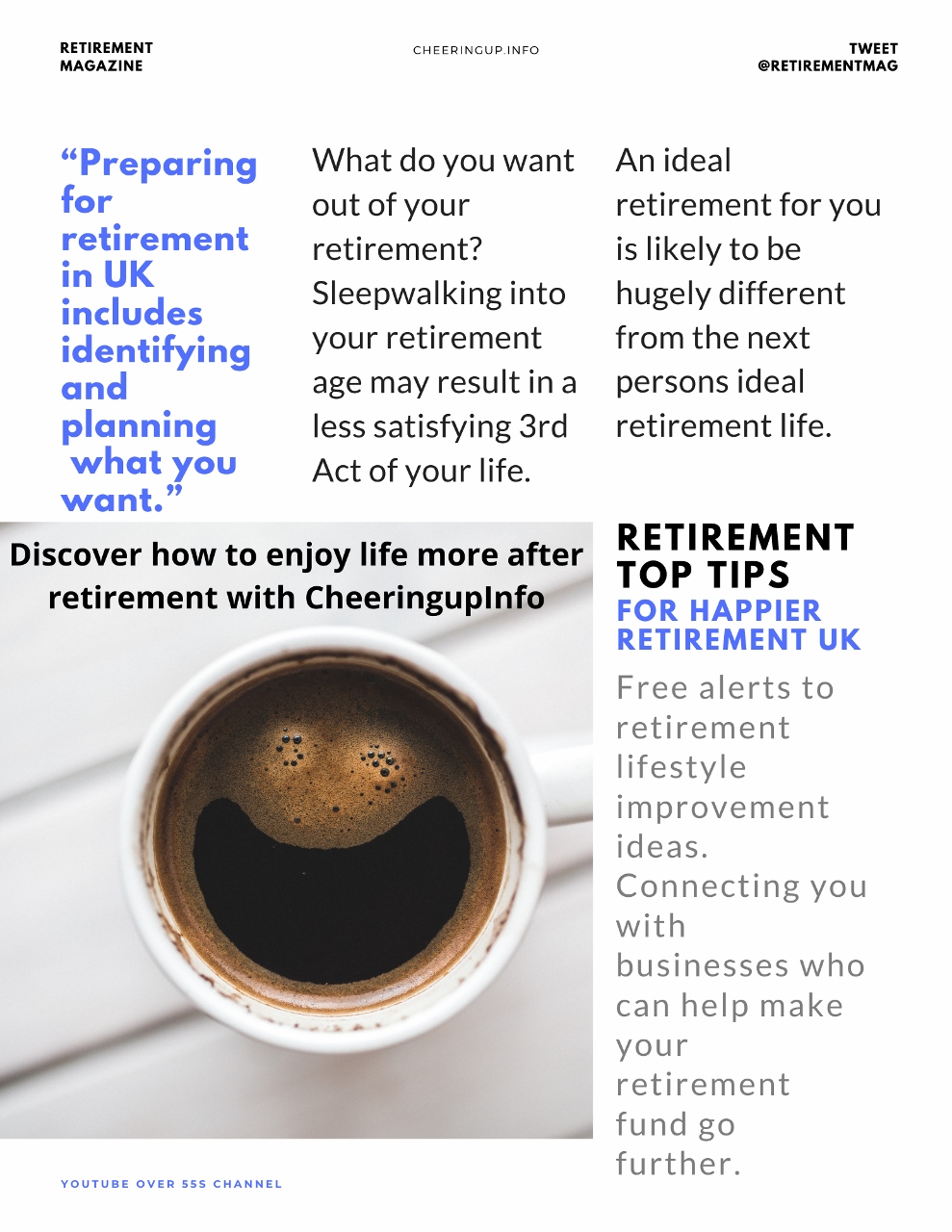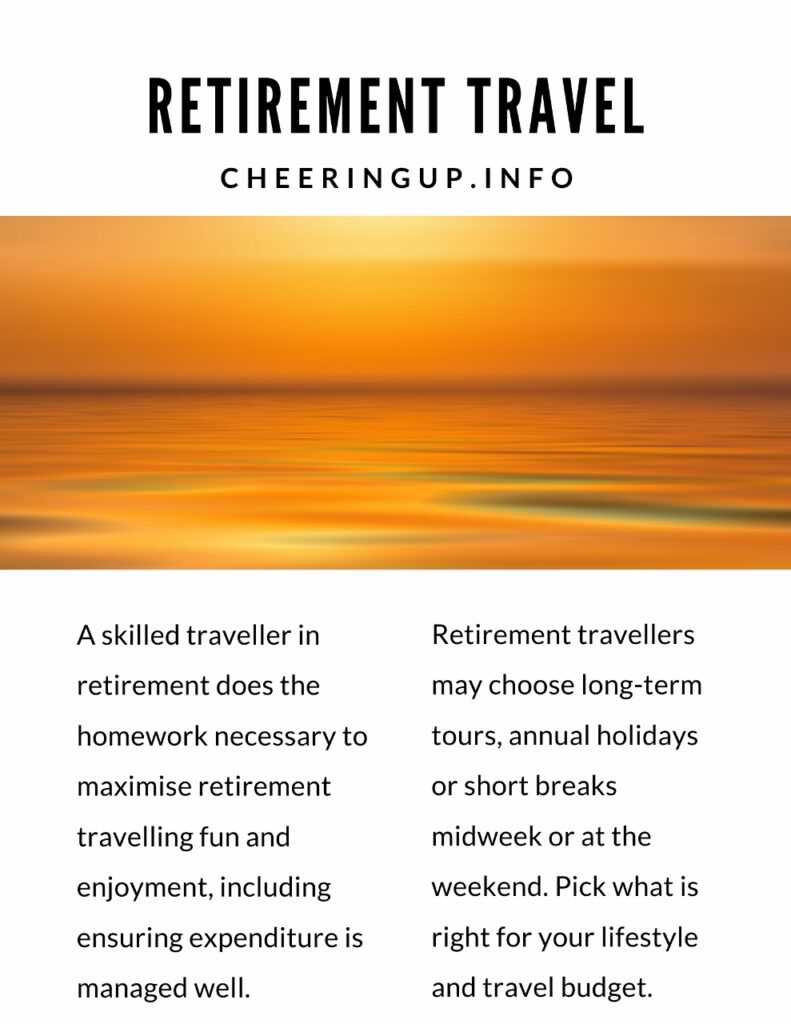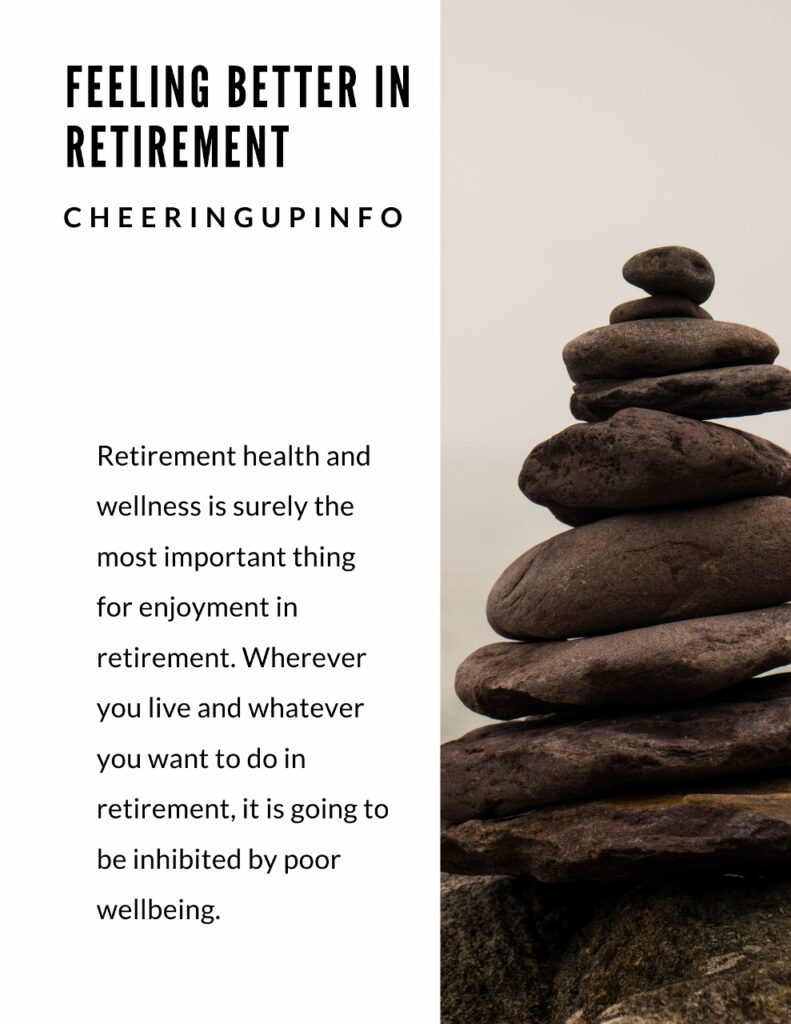Are you tired of the daily grind? Do you dream of a job that:
- Perfectly aligns with your skills and passions?
- Offers the flexibility to work from home or anywhere in the world?
- Empowers you to create a lifestyle you truly love?
If you answered yes, then Cheeringup.info is here to be your one-stop shop for a complete life transformation!
Find Your Dream Job & Elevate Your Life with Cheeringup.info
We’re more than just a job board. We’re a community dedicated to helping you find the perfect career fit and create a life that fuels your happiness.
For UK Employers: Bridge the Skills Gap & Attract Top Talent
Are you a UK-based employer struggling to fill crucial positions with qualified candidates? Let Cheeringup.info be your secret weapon!
Here’s why Cheeringup.info is the perfect partner for your business:
- Targeted Reach: Advertise your job openings to a highly engaged pool of UK professionals across diverse industries.
- Reduced Costs: Compared to traditional recruitment methods, Cheeringup.info offers affordable advertising plans with flexible durations – choose a package that suits your budget!
- Increased Quality: Our platform attracts talent seeking a fulfilling work environment. Attract dedicated professionals who are invested in making a difference.
- Streamlined Process: Easily manage your job postings, shortlist candidates, and connect with potential hires through our user-friendly platform.
Choose from our flexible advertising options:
- 1-Month Listing: Perfect for immediate needs, with a focus on quick candidate engagement.
- 3-Month Listing: Expand your reach and attract a wider pool of qualified applicants.
- 6-Month Listing: Maximise your chances of filling critical positions with a comprehensive advertising campaign.
- 12-Month Listing: Secure long-term hiring success with a year-long campaign, establishing yourself as a top employer for skilled professionals.
Don’t just fill your vacancies, fill them with the right people!
For Job Seekers (UK & Global): Find Your Dream Job & Design Your Ideal Life
Tired of feeling stuck in a job that doesn’t inspire you? It’s time to break free! Cheeringup.info connects you with a world of remote and work-from-home opportunities, allowing you to:
- Discover Jobs Matching Your Skills: Our advanced search filters help you find targeted job postings based on your experience, qualifications, and location preferences.
- Embrace Flexibility: Break free from the traditional office setting and find remote jobs that offer the freedom to work from anywhere in the world. Maintain a healthy work-life balance and design a schedule that fits your lifestyle.
- Unleash Your Potential: Find a career that ignites your passion. We offer a diverse range of job postings across various industries, allowing you to explore new avenues and pursue your professional dreams.
- Join our Supportive Community: Connect with like-minded individuals who share your desire for career fulfillment and overall well-being. Access exclusive resources, job search tips, and community support to help you land your dream job.
Elevate Your Lifestyle with the Cheeringup.info Club
Your career isn’t just about a paycheck. It’s a stepping stone to creating a life you truly cherish. Join the exclusive Cheeringup.info Club (one-time lifetime membership fee) and unlock a treasure trove of resources and benefits designed to boost your well-being:
- Lifestyle Improvement Workshops: Learn from experts on topics like stress management, career development, financial planning, and building healthy habits.
- Wellness and Fitness Resources: Get access to exclusive discounts on fitness programmes, meditation apps, and healthy living guides.
- Travel and Relaxation Tips: Discover curated travel destinations, explore remote work havens, and gain expert tips for managing work-life balance while travelling.
- Financial Wellness Coaching: Learn how to manage your finances effectively, achieve financial goals, and build a solid financial future.
- Networking Events (Online & In-Person): Connect with fellow members, build professional relationships, and create a supportive network that can empower your career journey.
- Exclusive Community Forum: Engage in discussions with other members, share experiences, and receive encouragement and motivation throughout your career path.
Stop settling for a life that’s just “okay.” It’s time to design a life that brings you joy, purpose, and fulfillment. Let Cheeringup.info be your partner in achieving both career success and a thriving lifestyle!
For UK Employers: Elevate Your Brand and Attract Top Talent
By partnering with Cheeringup.info, you’re not just filling a vacancy; you’re investing in your company’s future. Our platform allows you to:
- Enhance Your Employer Brand: Position your company as an attractive workplace that values employee well-being and offers flexible work arrangements.
- Access a Global Talent Pool: Expand your search beyond traditional borders and discover exceptional talent from around the world.
- Improve Employee Retention: Happy employees are loyal employees. By offering flexible work options and fostering a positive work culture, you can reduce turnover and boost productivity.
For Job Seekers: Your Journey to a Fulfilling Career Starts Here
With Cheeringup.info, you have the power to:
- Take Control of Your Career: Find jobs that align with your passions and values, and create a work-life balance that suits your lifestyle.
- Unlock Your Earning Potential: Access high-paying remote jobs and freelance opportunities that offer competitive compensation and flexible schedules.
- Experience Financial Freedom: Achieve financial stability and independence by building a successful career on your own terms.
- Live a Life of Adventure: Travel the world while working remotely, explore new cultures, and experience the freedom of location-independent living.
Join the Cheeringup.info Community and Transform Your Life
Whether you’re an employer seeking top talent or a job seeker searching for your dream career, Cheeringup.info is your gateway to a brighter future. Sign up today and start your journey to a more fulfilling and rewarding life.
- For Employers:
- Limited-Time Offer: Sign up for a 12-month job posting package and receive a discount.
- Contact Us: Click here
- For Job Seekers:
- Free Membership: Create a free account and start exploring job opportunities today.
- Upgrade to Premium: Unlock exclusive benefits and advanced job search features with a premium membership.
- Join the Community: Connect with like-minded individuals and get support from our vibrant community.
Don’t let another day pass by. Take the first step towards a happier, healthier, and more fulfilling life. Join Cheeringup.info and unlock your full potential.

Find jobs near me and where I want to work
Find jobs nearby matching your skills and experience. Work from home or wherever you want! Improve your lifestyle. Live the life you want, not the lifestyle you think is your only option.
Where do we look for jobs?
Cheeringup.info’s job search magazine offers a positive spin on the hunt, with motivational articles and inspirational stories. It’s a mood booster for discouraged job seekers
Get help to protect and grow your business faster
Find out more about Lifestyle Improvement Club Corporate Membership
Subscribe for free lifestyle improvement tips and reviews
Read more lifestyle improvement articles and watch videos for free
Nearby Jobs and Remote Jobs

